News Archive
Filter by Division
Filter by Categories
Lanbo Xiao, PhD: Research Faculty Recognition Award
October 28, 2025 / AwardDr. Lanbo Xiao, a research assistant professor in the Center for Translational Pathology, received a 2025 Faculty Award in recognition of his exceptional contributions to cancer research, teaching, and service. His pioneering work in chromatin remodeling and epigenetic regulation has led to new insights in cancer therapy and significant advances in public health diagnostics.
New Antibody Treatment Discovered by Ward Lab Approved by FDA
April 6, 2023 / ResearchAfter several decades of hard work by many scientists at the University of Michigan Medical School and elsewhere, an antibody (anti-C5a) has just been approved by the US FDA for treatment of humans who are septic and have developed lung infections with COVID-19, resulting in severe pulmonary dysfunction requiring external lung support. The antibody, anti-C5a, was originally developed in the Dr. Peter Ward laboratory in the early 2000s. The mAb was shown to dramatically reduce lung infections in polymicrobial sepsis in mice.
Study Published on Effectiveness of the Omicron Bivalent Booster
January 18, 2023 / Covid-19As the SARS-CoV-2 virus continues to mutate over time and new booster vaccines become available, the question arises, are the multivalent boosters more effective at improving immune response than the monovalent vaccines with which we began? This question was addressed by a multi-site group from Columbia University Vagelos College of Physicians and Surgeons (New York) and from the University of Michigan Medical School Department of Pathology. Drs. Riccardo Valdez, Carmen Gherasim, and Aubree Gordon represented the Immunity Associated with SARS-CoV-2 (IASO) research team at U-M[...]
Visual Inventory Management Pilot Takes Off at Microbiology Lab
July 25, 2022 / NewsLearn more about Scott Marquette's recent visit to the Clinical Microbiology laboratory and about the Visual Inventory Management pilot, a new initiative that is intended to help lab staff better organize their tools, resources and assets within the lab setting [...]
Leading the Charge
February 14, 2022 / InsidepathLeadership at all levels engaged in the fight against COVID; a behind-the-scenes look.
A Journey Through Chemistry and Medicine
January 31, 2022 / InsidepathA unique look into Dr. Carmen Gherasim's career and staying afloat during the COVID-19 pandemic.
Year in Review: 2021
January 31, 2022 / Anatomic PathologyLast year was an eventful time within the Department of Pathology at Michigan Medicine. As we reminisce about 2021, let's revisit some of the greatest memories [...]
Karen Barron, (MT) ASCP Announced as New Pathology Education Internship Coordinator
January 10, 2022 / Anatomic Pathology The Department of Pathology recently selected Karen Barron (MT) ASCP, as its new Education Internship Coordinator. Learn more about Karen as she transitions into this exciting role [...]
The Department of Pathology recently selected Karen Barron (MT) ASCP, as its new Education Internship Coordinator. Learn more about Karen as she transitions into this exciting role [...]
The Yin and the Yang of Research in the COVID Era
December 20, 2021 / InsidepathAs COVID closed down research labs, researchers shifted focus.
Inside the COVID Pandemic: A Laboratory Perspective
November 29, 2021 / InsidepathThe SARS-CoV-2 virus brought lab testing to the headlines. Learn how Michigan Medicine Pathology responded to this unprecedented challenge.
Lungs of the Living
November 23, 2021 / Anatomic PathologyThroughout the ongoing pandemic, many patients who die from COVID-19 pneumonia are found at autopsy to have a pattern of fibrosis in their lungs that resemble nonspecific interstitial pneumonia (NSIP). However, members of the Anatomic Pathology Division of Pathology at Michigan Medicine were curious about the lungs of those who survive COVID-19 pneumonia [...]
2020 Annual Report Now Available
August 3, 2021 / Annual ReportThe Department of Pathology's 2020 Annual Report is now available online. In the report, you will read about the department’s tripartite mission of research, education, and patient care, and learn about the goals of the department’s Strategic Council [...]
Coronavirus (COVID-19) Research Published in Archives of Pathology and Laboratory Medicine
May 18, 2021 / Covid-19Research from the Department of Pathology was just published in the Archives of Pathology and Laboratory Medicine. Learn more about this publication, which highlights GI samples from COVID-19 patients, led by Dr. Maria Westerhoff [...]
Passing the Test: Pathology Department Teams Help Carry Michigan Medicine Through Pandemic
April 20, 2021 / Covid-19The department has navigated an unprecedented workload over the past year and continues to increase. Hear from experts Christine Kizer, Dr. Michael Bachman, Jennifer Bergendahl, and more, as they discuss how efforts have helped Michigan Medicine stay afloat during the COVID-19 pandemic [...]
Department of Pathology Shines at 2021 Virtual USCAP Meeting
March 24, 2021 / Anatomic PathologyThe Department of Pathology was well represented at the 110th Annual Meeting of the United States and Canadian Academy of Pathology (USCAP), held March 13-18, 2021. This year's event was reconstructed into a fully virtual format in response to the COVID-19 pandemic, with participants able to tune in and contribute from all over the world. Several of our faculty and trainees were featured at this year's conference. Let's take a moment to recap some key highlights from #USCAP2021.
Prostate Cancer Regulator Plays Role in COVID-19, Providing a Promising Treatment Lead
December 22, 2020 / Cancer ResearchClinical trials underway are testing whether drugs that target the androgen receptor – successful in controlling prostate cancer – could also work against the coronavirus. wo proteins, ACE2 and TMPRSS2, help the coronavirus gain entry and replicate within cells. TMPRSS2 is well-known to Arul Chinnaiyan, MD, PhD. His lab discovered that TMPRSS2 fuses with the ETS gene to drive more than half of all prostate cancers [...]
Batoul Aoun, DO wins John Smialek Best Resident Award at 2020 NAME Conference
October 22, 2020 / ResidentsCongratulations to Batoul Aoun, DO, a second year AP/CP resident, for winning the John Smialek Best Resident Award for her 2020 poster presentation “SARS-CoV-2 in the Kidneys: Postmortem Renal Histopathologic Findings in Three Patients with COVID 19” at the National Association of Medical Examiners Conference (NAME) [...]
U-M Announces COVID-19 Sampling and Tracking Program
September 8, 2020 / AnnouncementThe University of Michigan will begin a Sampling and Testing Program of asymptomatic students, faculty and staff for the virus that causes COVID-19 on September 7.
Study of SARS-CoV-2 reveals new disease surveillance method
September 4, 2020 / Anatomic PathologyIn a broadly collaborative effort, Pathology faculty Drs. Carl Schmidt, Jeffrey Myers, Kristine Konopka, Paul Lephart, and Teresa Nguyen joined Michigan Medicine faculty from the departments of Epidemiology, Internal Medicine, Microbiology and Immunology, Mathematics and Complex Systems, and the School of Public Health in a study published in Clinical Infectious Diseases entitled “SARS-CoV-2 surveillance in decedents in a large, urban medical examiner’s office.”
The COVID-19 Heroes You Haven't Met Yet: Behind the Scenes of a Pandemic
August 13, 2020 / Anatomic PathologyWhen people think about forensic pathology, images of crime shows where an investigator sets out to determine a murder victim’s cause of death often come to mind. However, it’s important to acknowledge the crucial role this field actually plays in our collective response to death, especially as the COVID-19 pandemic continues to unravel...
Research Surrounding H3K27M-mutant diffuse midline glioma in COVID-19 Published
July 7, 2020 / ForensicsNew research related to H3K27M-mutant diffuse midline glioma with extensive intratumoral microthrombi in young adults with COVID-19 from the Department of Pathology was just published in Acta Neurologica. [...]
Forensic Research Regarding COVID-19 Published
June 18, 2020 / ForensicsThe publication takes an in-depth examination of diffuse alveolar damage (DAD) caused by COVID-19 and how it is morphologically indistinguishable from other causes of DAD.
Frontline Workers in the Backrooms of COVID-19: Caring for the Living and the Dead
June 18, 2020 / Anatomic PathologyDr. Jeffrey Myers discusses the importance of frontline workers and their caring of patients - alive or deceased - during the COVID-19 pandemic.
COVID-19 IgG Serology Testing Now Available At Michigan Medicine
May 29, 2020 / AnnouncementSerology testing for SARS-CoV-2 is now available for ordering on appropriate patients at Michigan Medicine. A separate process for testing and screening of health care workers and Michigan Medicine affiliates will be communicated in the coming weeks.
The serology test detects specific antibodies generated as part of the immune response to SARS-COV-2 infection. Our current test methods detect [...]
Critical Need for Blood Donations
March 16, 2020 / AnnouncementI am standing in the Blood Bank at Michigan Medicine in Ann Arbor. I am looking at the refrigerator that contains only one day's supply of blood for the hospital.
The hospital is full. There are patients who need blood and cannot wait. Some have leukemia. Some are bleeding. Some are infants born with heart disease who will die is they do not have surgery [...]
COVID-19 Preparedness and Response - Update from the Department of Pathology
March 16, 2020 / Covid-19The information in this message was released on March 16th and March 18th and is intended to provide information supplemental to the many emails being received from institutional sources regarding the current state of our preparations for and responses to COVID-19. Please continue to monitor your email and use institutional web-based resources (COVID-19 UPDATES and the COVID-19 Resource page) for updates in a very fluid and dynamic landscape. Please also take advantage of other communications opportunities in your work area (e.g., huddles) to stay up-to-date. [...]




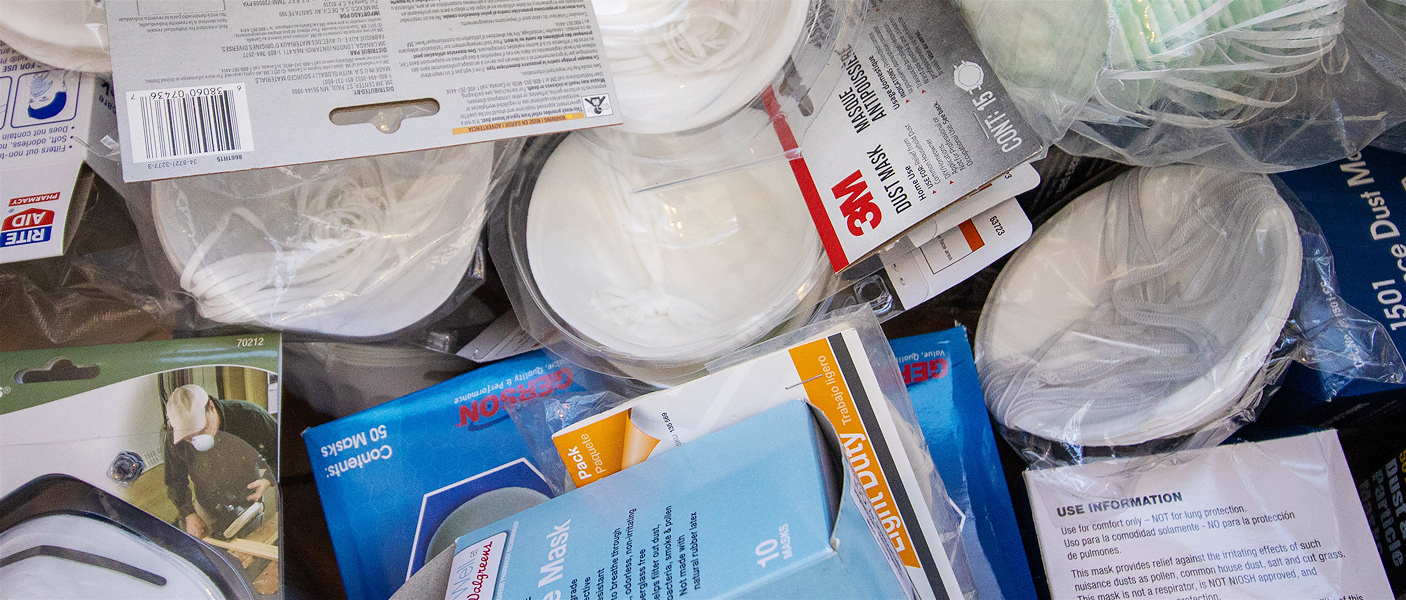
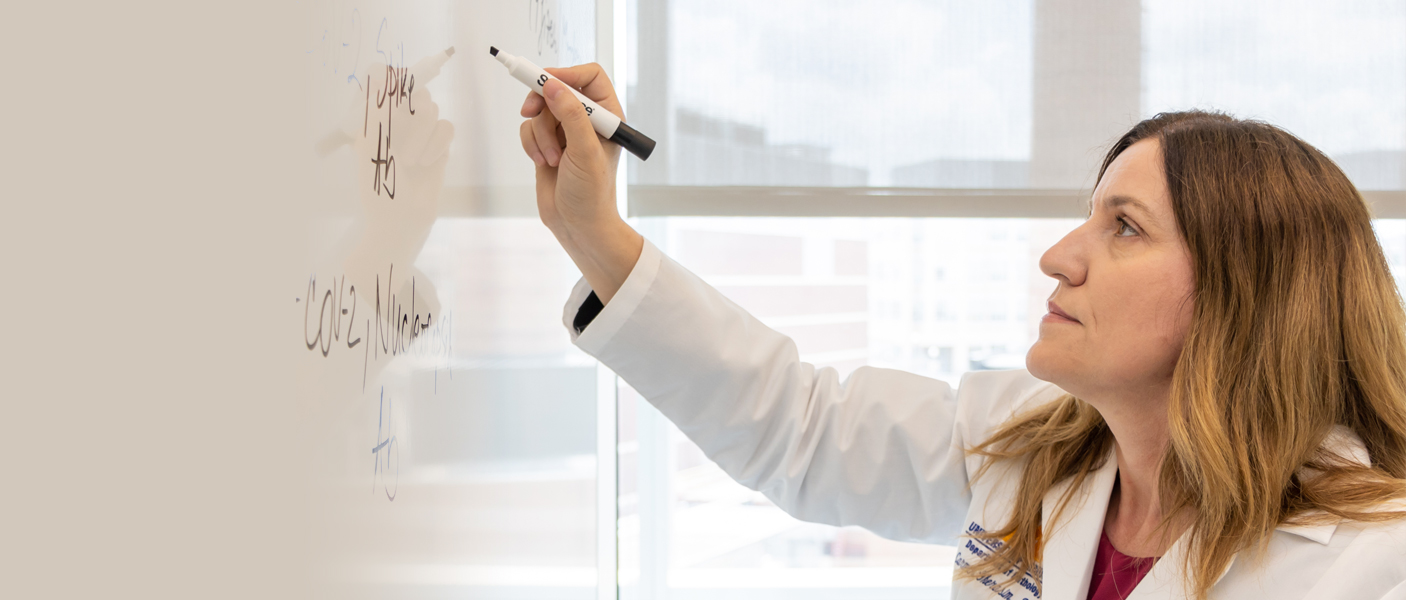
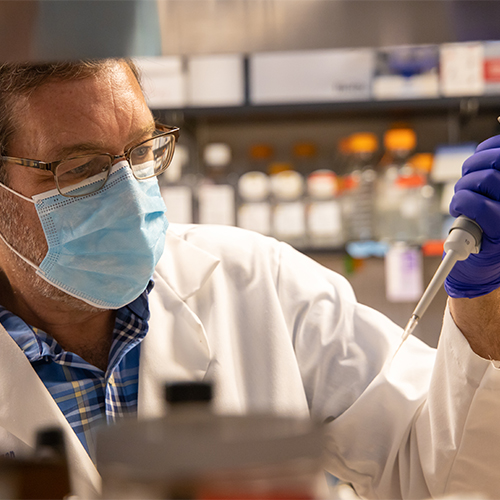

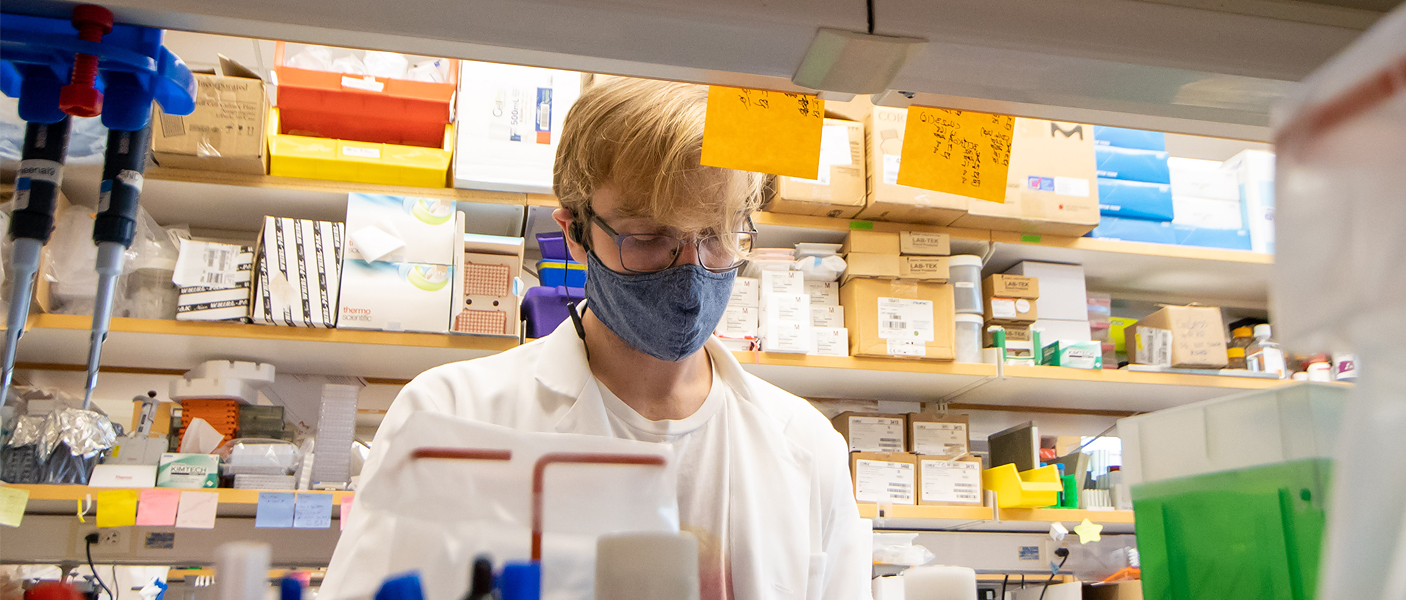
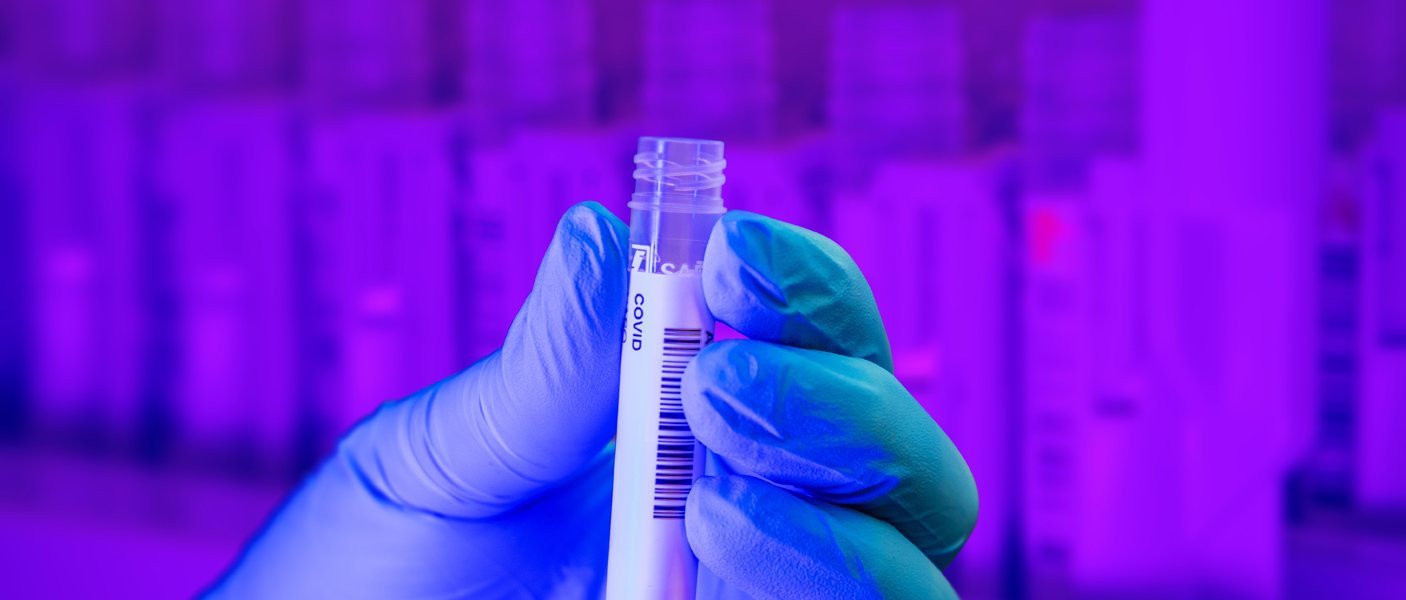
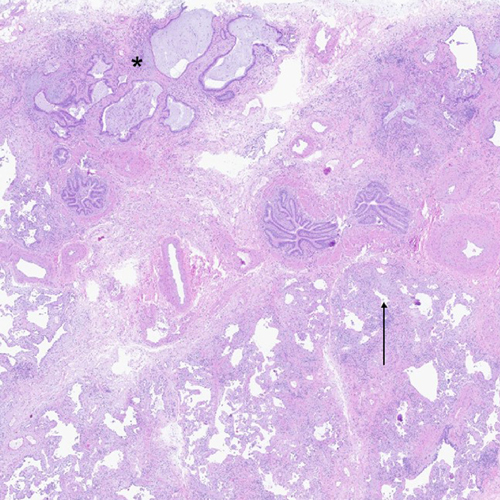


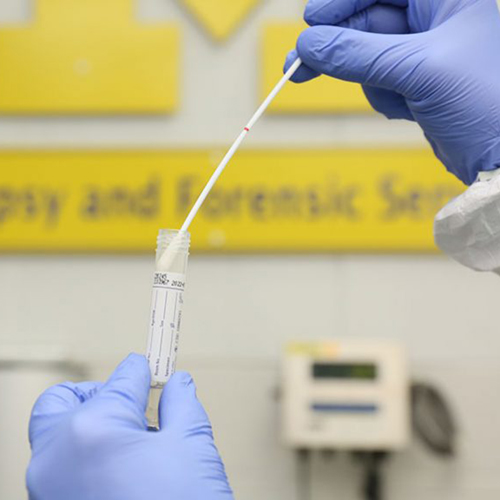
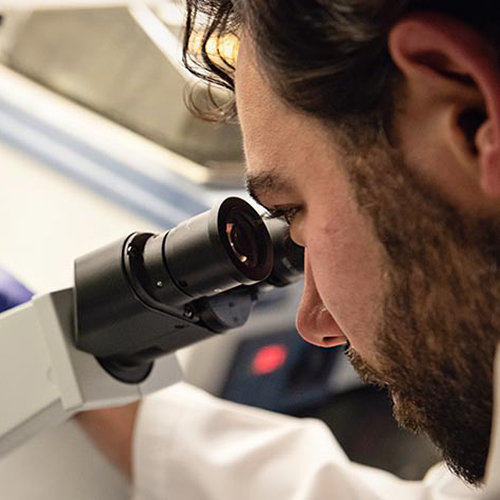

 ON THE COVER
ON THE COVER
 ON THE COVER
ON THE COVER
 ON THE COVER
ON THE COVER
 ON THE COVER
ON THE COVER
 ON THE COVER
ON THE COVER
 ON THE COVER
ON THE COVER
 ON THE COVER
ON THE COVER
 ON THE COVER
ON THE COVER
 ON THE COVER
ON THE COVER
 ON THE COVER
ON THE COVER
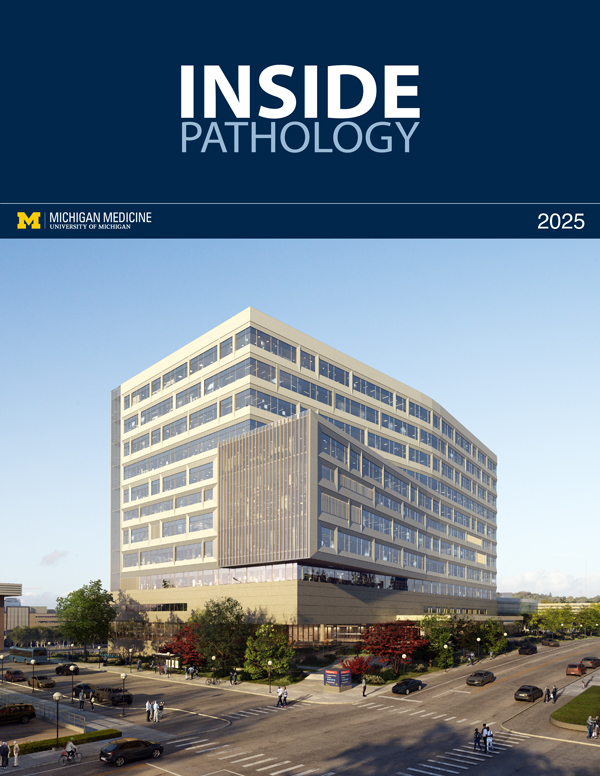 ON THE COVER
ON THE COVER
